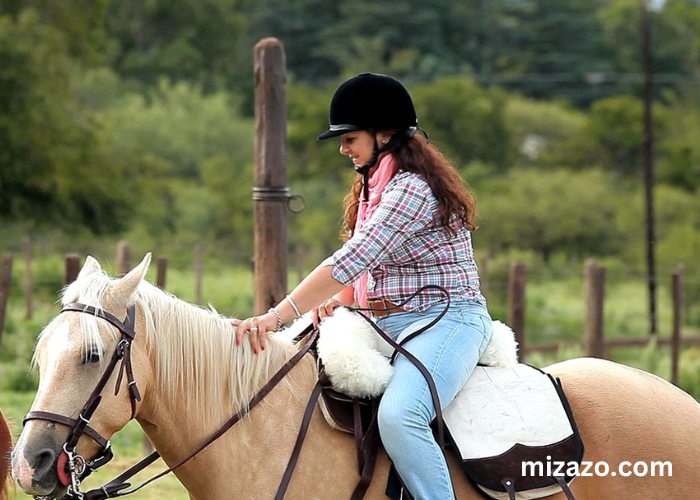Horses have captivated human imagination for millennia, standing as symbols of power, grace, and companionship. The relationship between humans and horses is one of the oldest and most profound in history, evolving from necessity to partnership and, ultimately, to mutual respect and affection. This article delves into the remarkable bond between humans and horses, exploring its historical roots, psychological impact, and contemporary significance. Discover a wide range of courses at casacourses, offering comprehensive learning opportunities in various fields. Enhance your knowledge and skills today!
Historical Roots of the Human-Horse Bond
The domestication of horses dates back to around 4000 BCE on the steppes of Central Asia. Initially, horses were primarily valued for their utility in transportation, agriculture, and warfare. They revolutionized travel, expanded trade routes, and played pivotal roles in the success of empires. From the chariots of ancient Egypt to the cavalry units of medieval Europe, horses were indispensable.
However, beyond their utilitarian value, horses began to occupy a more intimate place in human society. In many cultures, they became symbols of status, wealth, and nobility. Myths and legends from Greek, Norse, and Hindu traditions often feature heroic steeds, reflecting the deep respect and admiration humans held for these animals.
Psychological and Emotional Impact
The bond between humans and horses transcends practical utility, extending into the realm of emotional and psychological well-being. Interactions with horses have been shown to have therapeutic benefits, a field known as equine-assisted therapy. This form of therapy helps individuals with a range of issues, from physical disabilities to mental health disorders.
Horses possess a unique ability to mirror human emotions, providing immediate, non-judgmental feedback. This mirroring effect helps individuals become more aware of their own emotions and behaviors, fostering personal growth and emotional regulation. The act of caring for a horse—grooming, feeding, and riding—also instills a sense of responsibility and routine, which can be incredibly grounding.
Moreover, the presence of a horse can have a calming effect, reducing stress and anxiety levels. The rhythmic motion of riding and the sense of connection with a powerful, sentient being can create a meditative experience, promoting relaxation and mindfulness.
Contemporary Significance
Today, the bond between humans and horses continues to flourish in various forms. Equestrian sports such as dressage, show jumping, and horse racing celebrate the athleticism and grace of horses, while also highlighting the intricate communication and trust between rider and steed. These sports require a deep understanding of equine behavior and a harmonious partnership, showcasing the pinnacle of human-horse collaboration.
Horses also play a significant role in recreational activities and therapeutic settings. Programs that offer horseback riding lessons or trail rides provide opportunities for people of all ages to connect with horses, experience nature, and develop new skills. In therapeutic contexts, equine-assisted activities are increasingly recognized for their benefits in helping veterans with PTSD, children with autism, and individuals recovering from trauma.
Conclusion
The bond between humans and horses is a testament to the extraordinary connections that can form between species. From their early domestication to their modern roles in sport, therapy, and recreation, horses have consistently proven to be more than mere animals—they are partners, healers, and friends. This enduring relationship highlights the mutual benefits that arise from understanding, respecting, and nurturing the ties that bind us to these magnificent creatures.
As we continue to explore and deepen our relationship with horses, we not only honor their legacy but also enrich our own lives. Equine excellence is not just about the physical prowess of horses; it is about the profound, transformative bond that enhances both human and horse alike.

